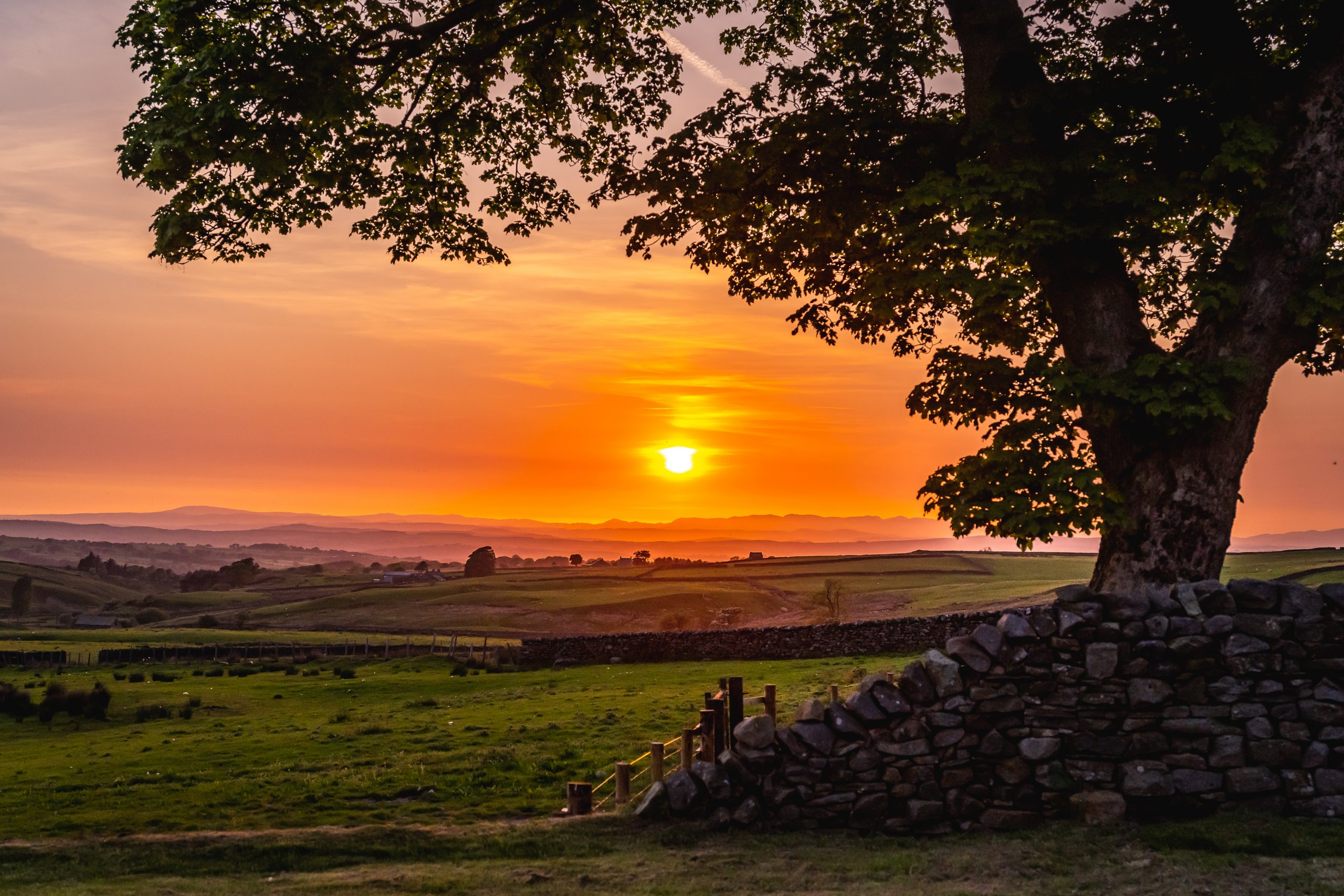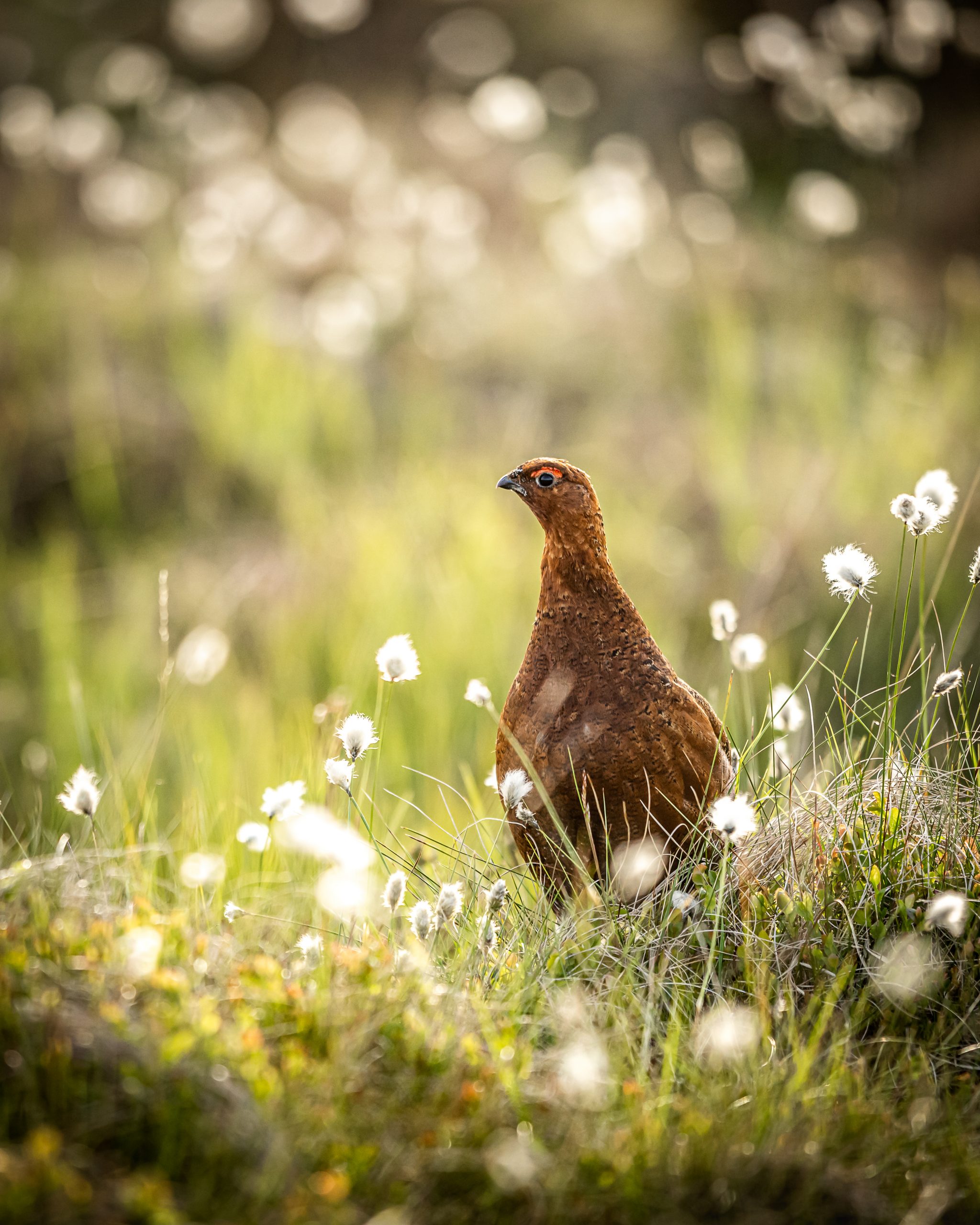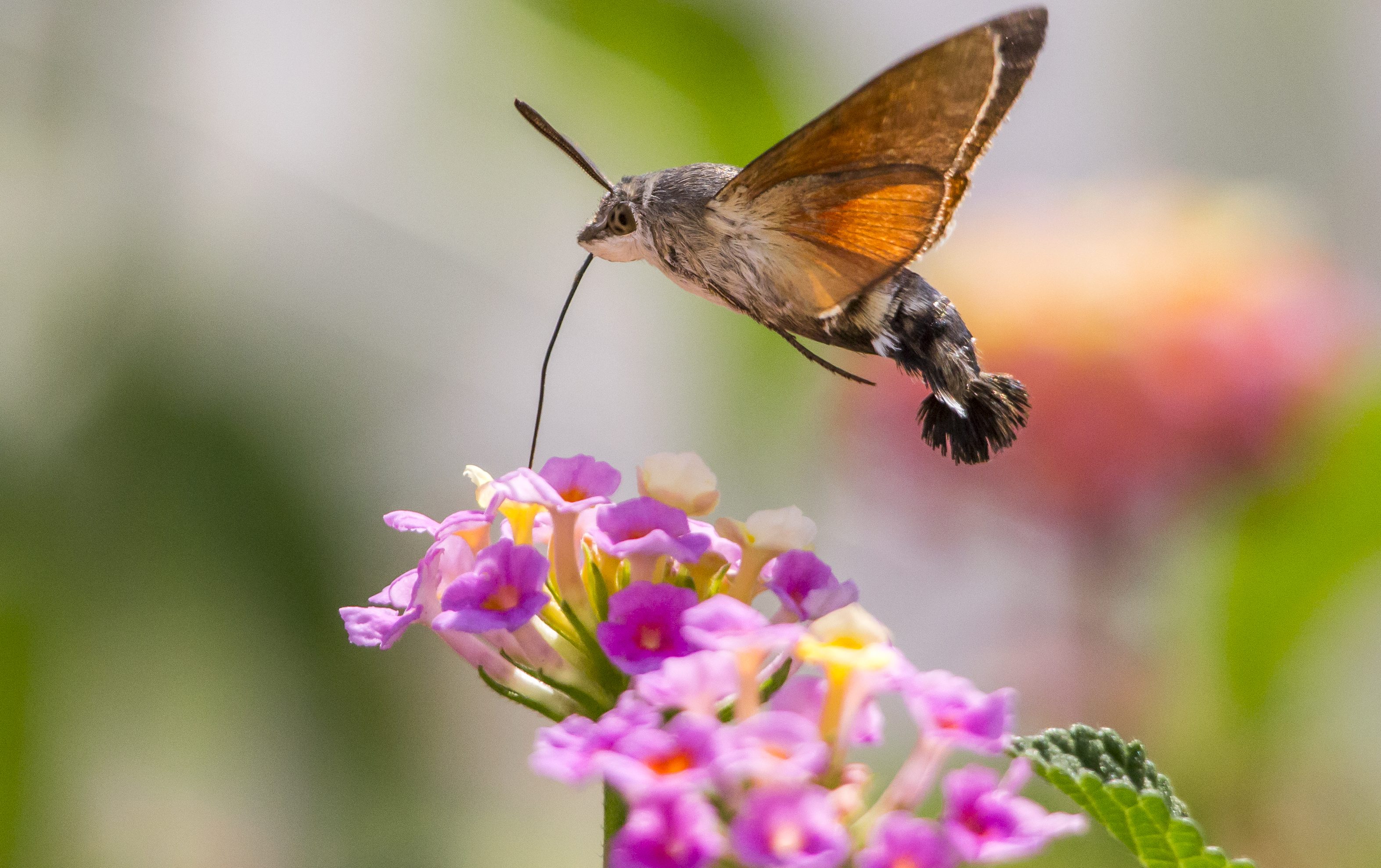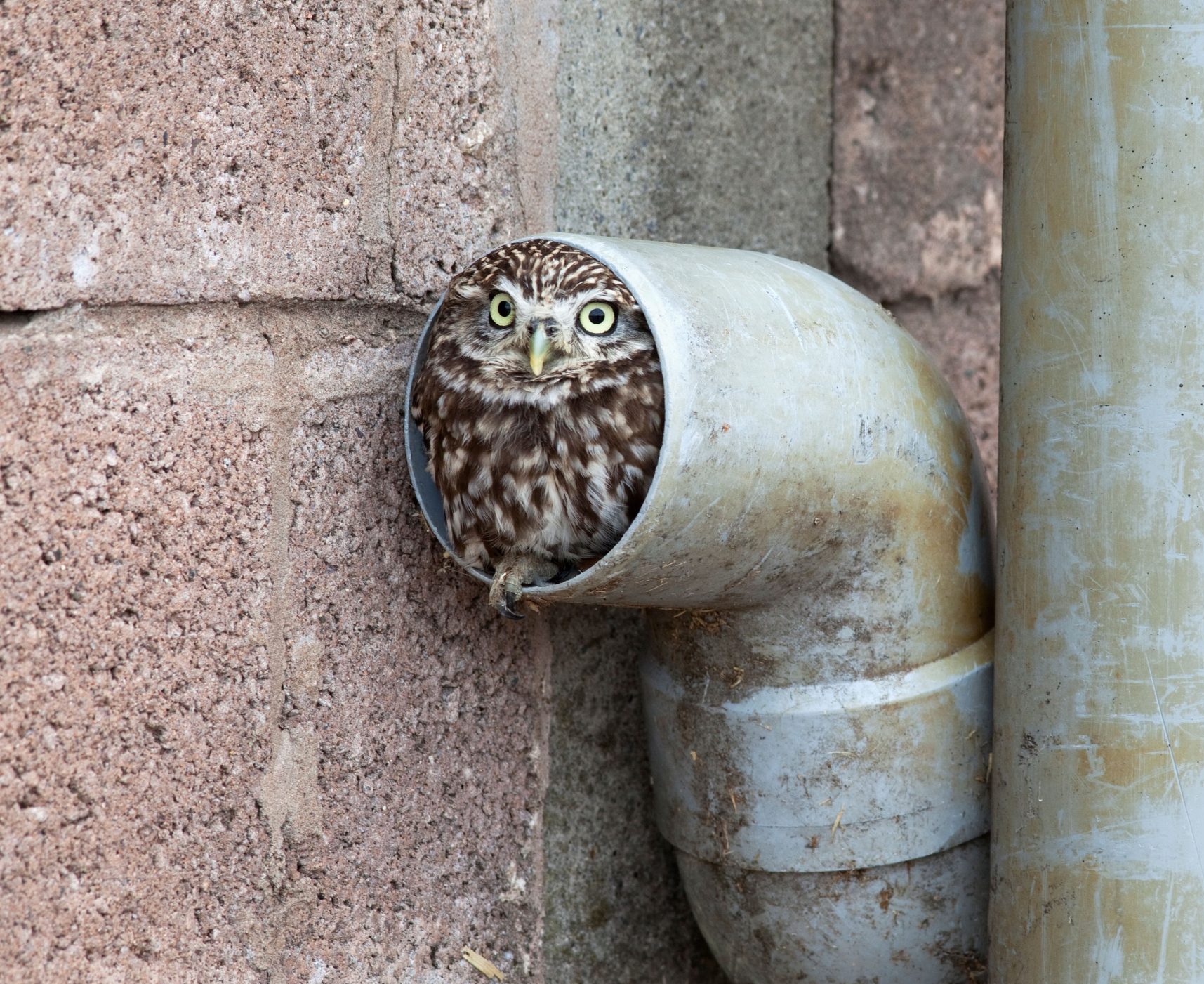Opinion: Continuing feuds instead of seeking compromise is irresponsible. As we argue, British wildlife collapses
Dialogue, tolerance and trust are crucial to Nature restoration, so events that encourage an honest exchange of views among different camps, such as May's Why Moorlands Matter summit, mark the way forward.

Exquisite houses, the beauty of Nature, and how to get the most from your life, straight to your inbox.
You are now subscribed
Your newsletter sign-up was successful
At a time when most people realise and concur that the Nature around us is disappearing at an alarming rate, it remains unfortunate that we cannot agree on how to put it right. It seems to me that the entire debate about who and how best to manage our land is more toxic than ever: whether it is about rewilding, intensive, regenerative, organic or hill farming, hunting, shooting or fishing, there is dissent even within each tribe. If we don’t start acting soon, the inertia will continue until we witness not only the decline, but the extinction, of many of the species that we say we care so much about.
The most sensible thing we could do is talk to — instead of throwing bricks at — each other, because, ultimately, the people with no hidden agenda, those that really care about Nature, all want the same result: a sustainable, vibrant, rich countryside. In a world dominated by social media, it is all too easy for the vociferous few — who often have little knowledge of the subject at hand — to upset and destroy trust in organisations and individuals as they hide behind a screen.
'The talking and working together needs to start now'
I have thought for a long time that bringing people together from different camps, having face-to-face discussions in a chosen space, where open, honest exchanges of views can be made in a relaxed environment, would go a long way to building trust and forging positive relationships. A shining example of this is Why Moorlands Matter, a three-part summit that took place this year on May 25–30 at Croasdale Lodge, on a grouse moor near Lancaster in Lancashire. Launched in 2021, it seeks to build the basis for a ‘more coordinated, collaborative and compromising approach’ to solving the challenges we face.
‘I believe the CEOs of all the organisations large and small that have a relevance in how our countryside is managed are actually letting people down,’ explains the summit organiser, Tarquin Millington-Drake, who is a respected fly-fisherman and experienced game shot. ‘Continuing feuds instead of talking and seeking compromise and ways forward is irresponsible. As they argue, British wildlife collapses; so the talking and working together needs to start now and that is what our guests are assembled to do.’
I was invited by Mr Millington-Drake to the educational part of the summit on May 27–28. Having worked as a gamekeeper on a grouse moor and experienced the politics that plague this particular debate, I must admit I was both interested and suspicious. However, a conversation with Mr Millington-Drake about the concept of the summit quickly allayed my fears — this clearly was not going to be a moor owner-sponsored smokescreen to carry on regardless — and revealed we were on the same page over the need to bring divergent views together. This was a genuine attempt by several passionate people to promote moorland management for the people and wildlife that thrive in these unique and threatened habitats. (Remarkably, Mr Millington-Drake has raised the money to fund the summits from contacts he has outside the grouse-shooting world.)
'Winding down the window, in came the moorland music — the sound of burbling curlews, pewits, skylarks all mixed together, a depth of birdsong lost to so much of our lowlands and uplands'
We agreed that showing people a grouse moor in spring would make for excellent education, as many guns — let alone conservationists and critics — have never enjoyed that wildlife spectacular, nor do they understand why or how it happens. I had a reminder of it as soon as I arrived at the summit, early after a six-hour drive. As I pulled off the track to the lodge, a curlew walked across 10 yards in front of me with three well-grown chicks in tow. Then, winding down the window, in came the moorland music — the sound of burbling curlews, pewits, skylarks all mixed together, a depth of birdsong lost to so much of our lowlands and uplands.
After lunch, guests had the opportunity to meet one another and we heard from people who earn their living from the uplands. Two young women, born and reared on hill farms, who have carved diverse careers, together with a dog trainer and an experienced keeper, gave a heartfelt account of what the moorlands mean to them and their families. Their stories and their commitment made an impact and, looking around the room, you could see cogs starting to grind. People talked in a polite, structured way. Topics that had been ignored or lobbed as grenades were discussed (under Chatham House rules, so I can’t divulge details), with everyone listening and engaged.
Exquisite houses, the beauty of Nature, and how to get the most from your life, straight to your inbox.
When it comes to understanding the moors, however, no amount of intellectual stimulation — and there was plenty — could match the evening drive across the hill to see and hear the assemblage of birds that migrate here to breed and the different habitats that support them. The uplands ebbs and flows in the spring and summer: a well-managed moor is alive, vibrant and full of new life.
However, it can be a hostile place, too. When the weather changes in the summer, it can wipe out much of the vitality. As autumn approaches, the migrants leave, with only the hardy red grouse and heather remaining, fuelling the misconception that this is all a moor has to offer. Being in a vehicle surrounded by moorland provides a great opportunity to exchange views, as any sight can trigger a conversation — a far better recipe for success than sitting in an office staring at papers or a screen.
The results of these get-togethers must have been, I hope, as enlightening to others as they were to me. To hear someone else’s view, when it is delivered intelligently and rationally, gives you a chance to review your own thoughts and dispel a few myths: at Croasdale, one delegate discovered that grouse moors do not make money; another that the last thing anyone associated with a moor would do is to burn peat — the very foundation of the landscape — as doing so would spell disaster.

Encouragingly, it quickly became evident that we do agree on so much: that we need to look at moors holistically and stop getting bogged down on a few headline topics, often bird-centric (we know little about invertebrates); that we must instigate better science and monitoring to improve future management practices; and that sufficient Government funding is critical to maintaining and improving these unique areas both for wildlife and for local communities.
There was shared frustration at the time Government bodies take to move things forward and an equally shared eagerness for officials to listen to practitioners, rather than merely pay them lip service. And, amusingly, there also was a surprising, across-the-board dislike of the words ‘conservation’ and ‘biodiversity’.
‘Tarquin Millington-Drake’s initiative to bring together conservationists, conservation organisations, scientists, gamekeepers, farmers and grouse-moor owners is brilliant, with a safe space to talk through what can be a highly charged subject — bringing us all a better understanding of the complexity of the moorland ecosystem,’ notes Sir Charles Burrell, owner of the Knepp Castle estate, West Sussex, and a rewilding pioneer. ‘Because we have removed apex predators, meso-predators are a serious threat to the future of our ground-nesting birds. If Man does not intervene, then we will lose these precious birds to predation. My hope is that we will be able in time to re-balance the ecosystem and have E. O. Wilson’s half earth.’ (The American naturalist proposed setting aside half of the planet in reserve in order to save the ‘living part’ of the environment.)
If everyone left the Why Moorlands Matter summit happy, wiser and more tolerant, then that is the road to success, because working together is the only way we will reach our collective goal of restoring Nature. If participants from all angles of opinion can talk constructively, then surely the CEOs of key conservation and shooting organisations can follow suit, advising and challenging the Government and working together for the common good. The clock is ticking for British wildlife: the question is, are those in authority up to the task?
Before retiring, Simon Lester was a gamekeeper for more than 40 years, most recently at Holkham in Norfolk and the Langholm Moor Demonstration Project in Dumfriesshire

Why conservation must start at home: 10 British species we need to save to protect our food chain
Simon Lester sends out an SOS for 10 species that we must save to help repair an increasingly fragile food

The confusingly enormous hummingbird hawk-moth that looks set to become a regular fixture in British gardens
Is it a bird, is it a plane? No, it’s a hummingbird hawk-moth. Simon Lester takes a closer look at

Credit: Alamy
The six types of owl you’ll find in Britain
Gamekeeper Simon Lester offers his guide to these mesmerising creatures, from the pocket-sized Little Owl to the fearsome Eagle Owl